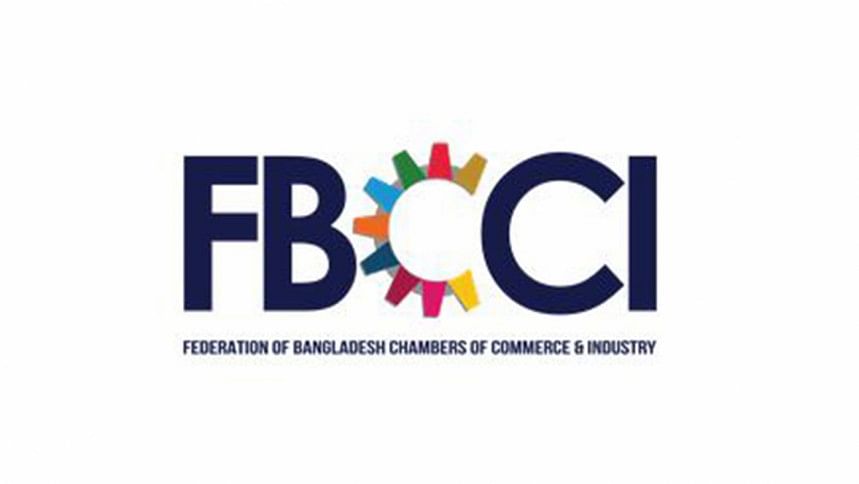Interest rate hike won’t bring down inflation

Inflation or prices of many products, including essential commodities, will come down if the same happens in international markets or if import duties are adjusted, not if interest rates are hiked, said FBCCI President Md Jashim Uddin yesterday.
"If the interest rate is increased, will people buy less? Already people are buying less in the current economic situation. Since then, the price of many products has increased," he said.
"As long as the interest rate was low, investment has been higher," he added.
Although inflation in Bangladesh has maintained a downward trend for the past five consecutive months, it is still high enough to affect those living in the middle-income category and below, experts say.
The Consumer Price Index rose 8.57 per cent last month, a decrease of 14 basis points from 8.71 per cent in December, according to data from the Bangladesh Bureau of Statistics.
The FBCCI chief announced that a three-day Bangladesh Business Summit 2023 will begin in Dhaka from March 11
January's inflation figure was the lowest since August when consumer prices surged to a 10-year high of 9.52 per cent.
The interest for lending came to the spotlight last month when Bangladesh Bank unveiled its monetary policy statement for the January-June period. The key targets of any monetary policy are usually set to diffuse the price pressure.
The banking sector has been following a 9 per cent cap on interest for lending since April 2020 as per the instruction of the central bank.
Jashim was addressing a press conference at InterContinental Dhaka to inform of the Federation of Bangladesh Chambers of Commerce and Industry (FBCCI) in partnership with the government organising a three-day Bangladesh Business Summit 2023 from March 11.
Marking the country's 50th anniversary of independence, the event is scheduled to share business environment improvements, investment successes and good practices and gain insights of global investors' priorities for the development of policies.
The objectives include securing concrete investment proposals, developing a solid investment pipeline for important sectors and facilitating effective networking, dialogue and partnership opportunities among national and international investors, policymakers and stakeholders.
Bangladesh has been growing rapidly over a decade and is one of the fastest-growing economies in the world, said Jashim.
Currently, it is the 41st largest economy and will be the 25th largest economy by 2035. In just about 13 years, the nation has grown from being a $50 billion economy to a $460 billion one, he said.
Bangladesh has laid out a vision to become an "upper middle-income country" within the next decade and a "developed country" by 2041. Bangladesh now seeks to expand its formal sector by enhancing its trade and investment, he said.
While established sectors such as garments continue to fuel prosperity, several sectors boast high potential to be new growth drivers and are complemented by government efforts to further strengthen their investment climates and sector competitiveness, added Jashim.
On the country's current economic situation, he said Bangladesh was now facing some problems which were global in nature and finding a solution required everyone to work together, he said.
Work is underway to develop the country's power and gas supplies alongside infrastructure and foreign companies working in Bangladesh are increasingly investing here on attaining success, Jashim said.

 For all latest news, follow The Daily Star's Google News channel.
For all latest news, follow The Daily Star's Google News channel. 



Comments